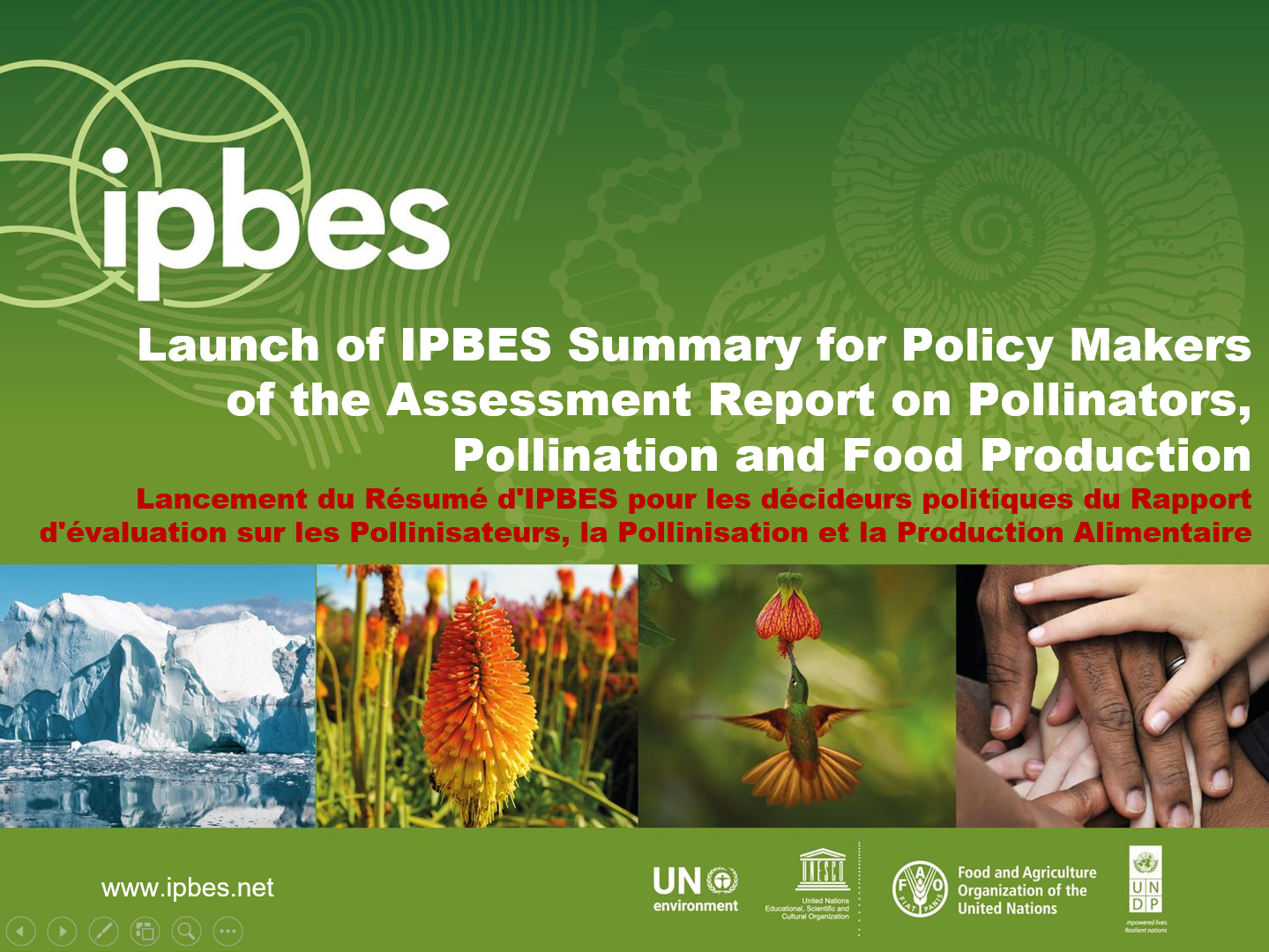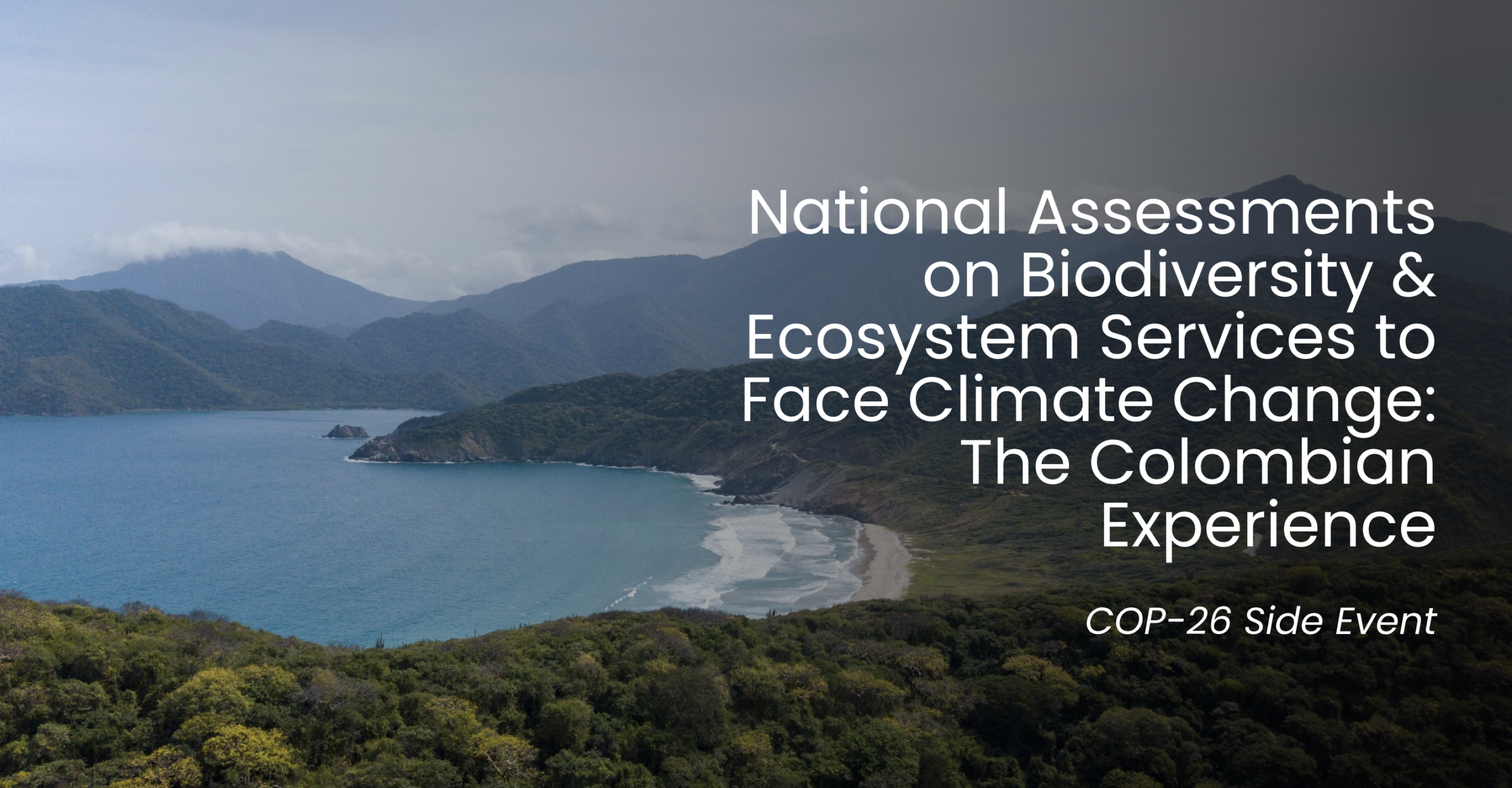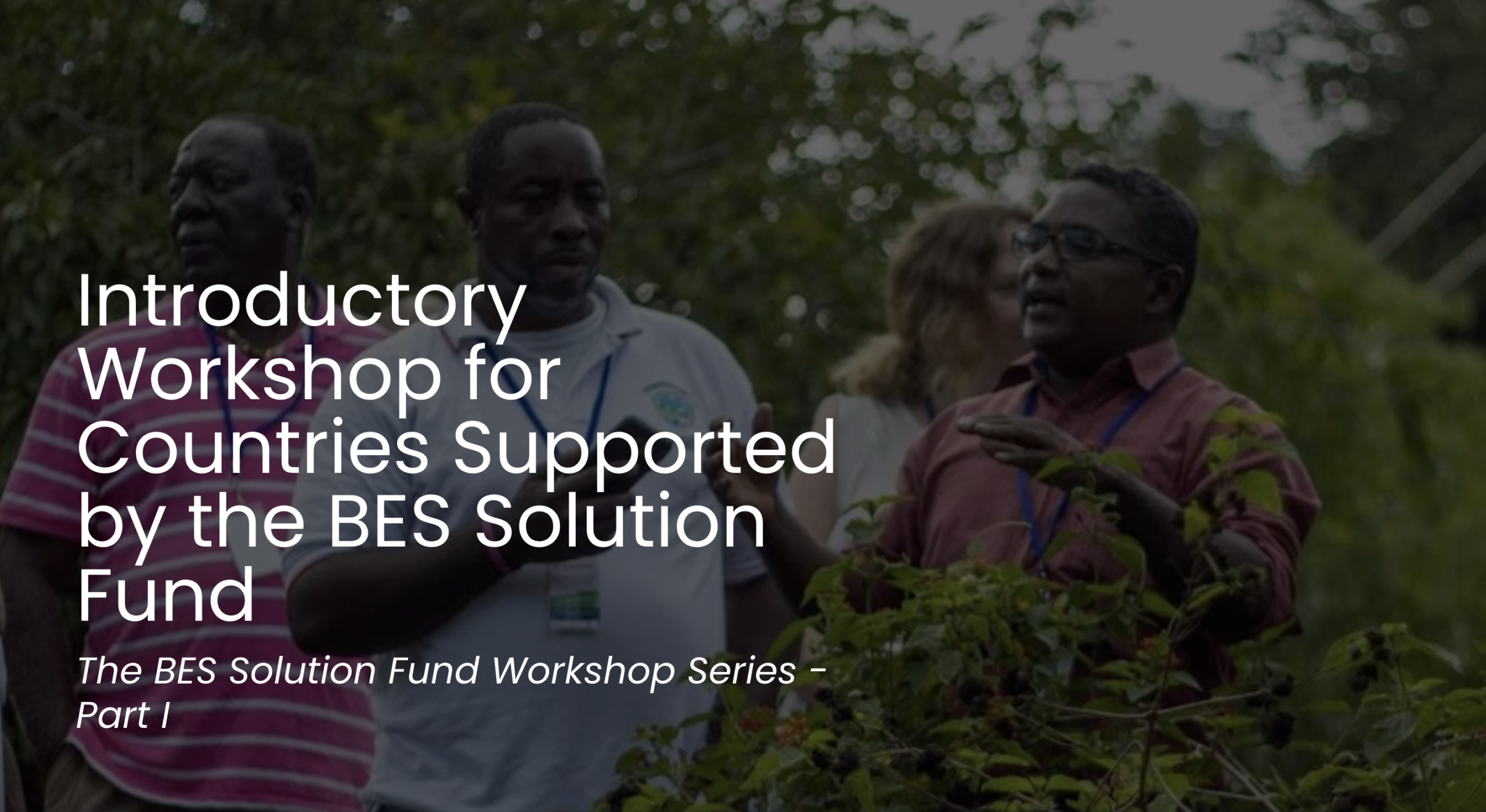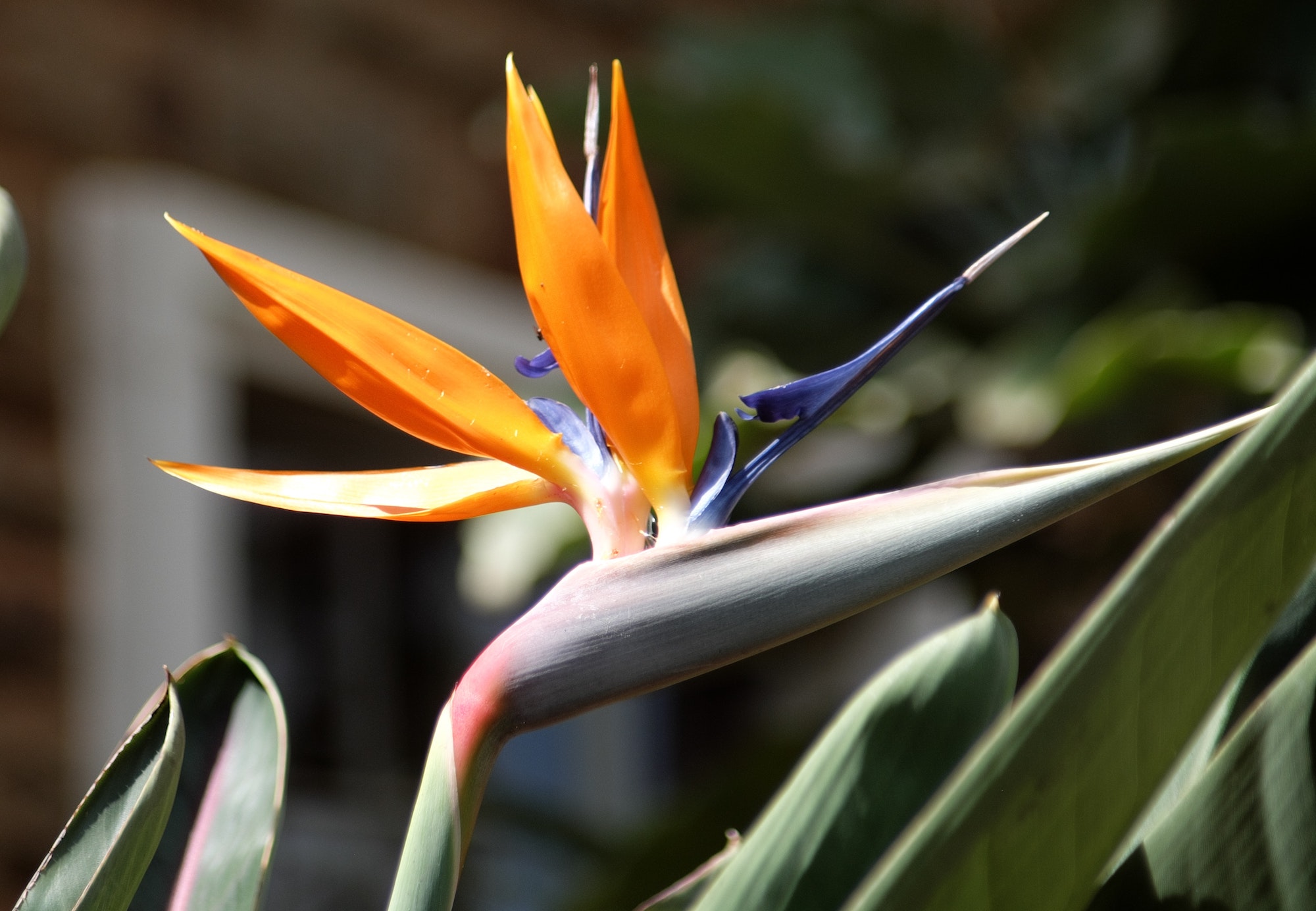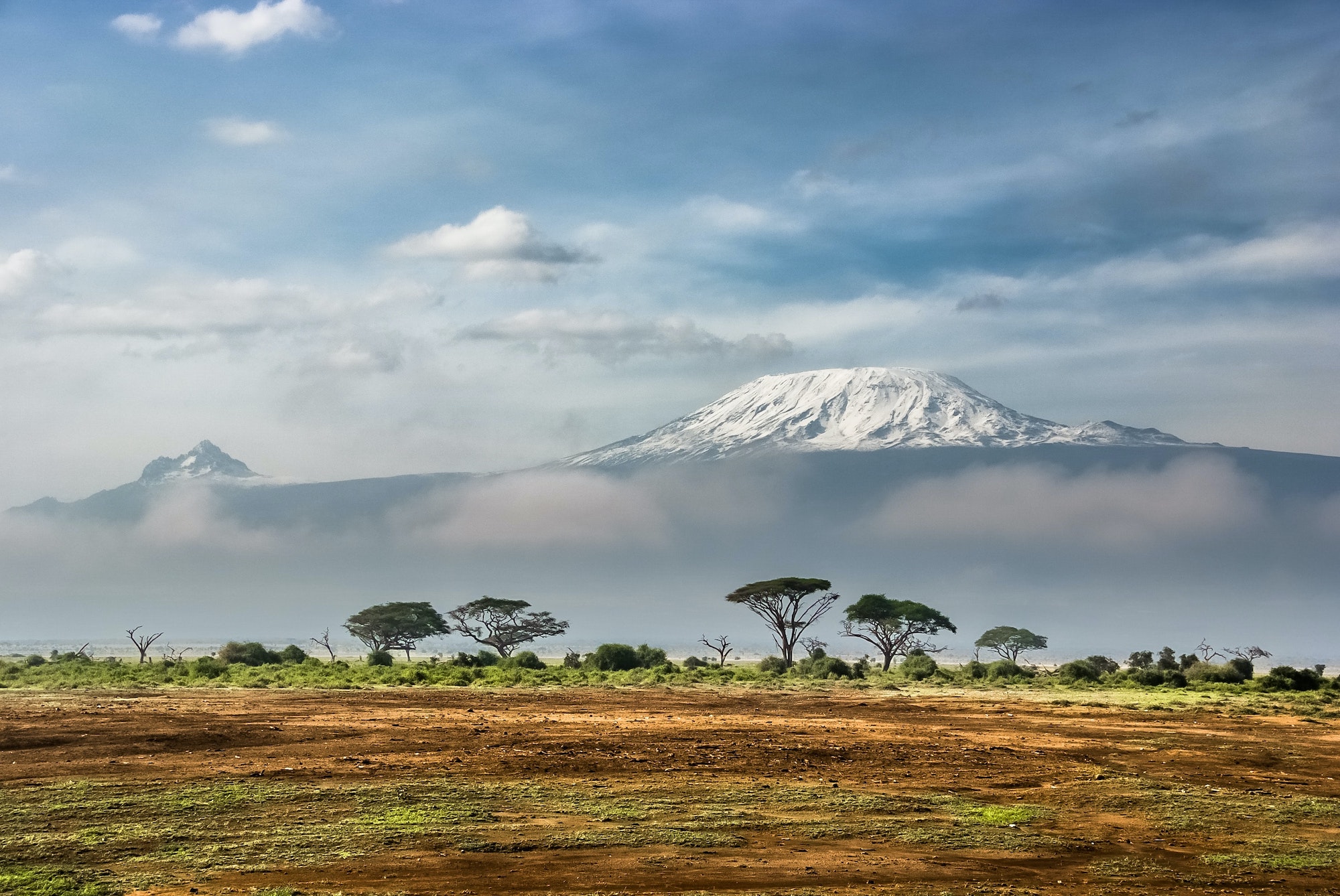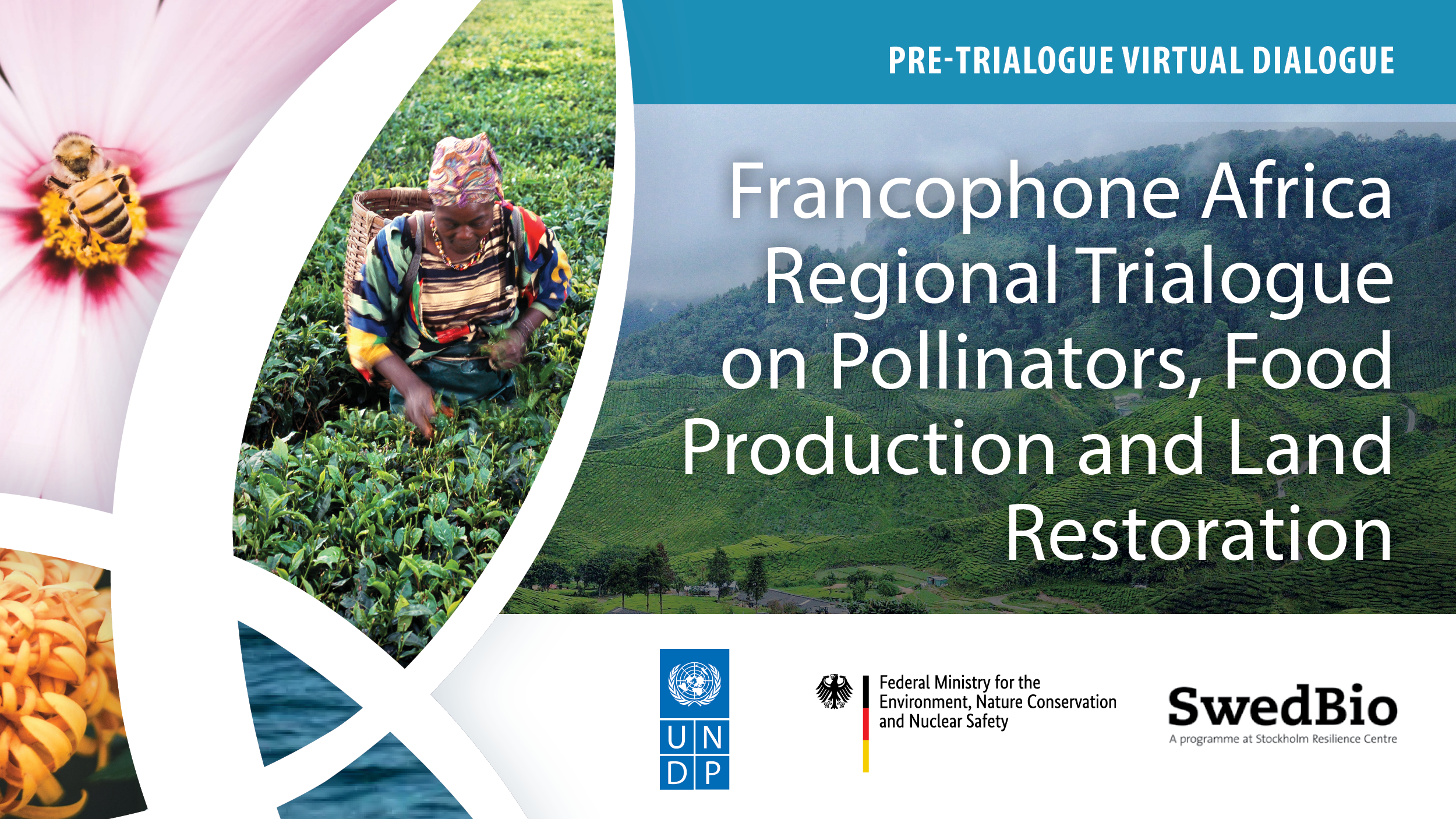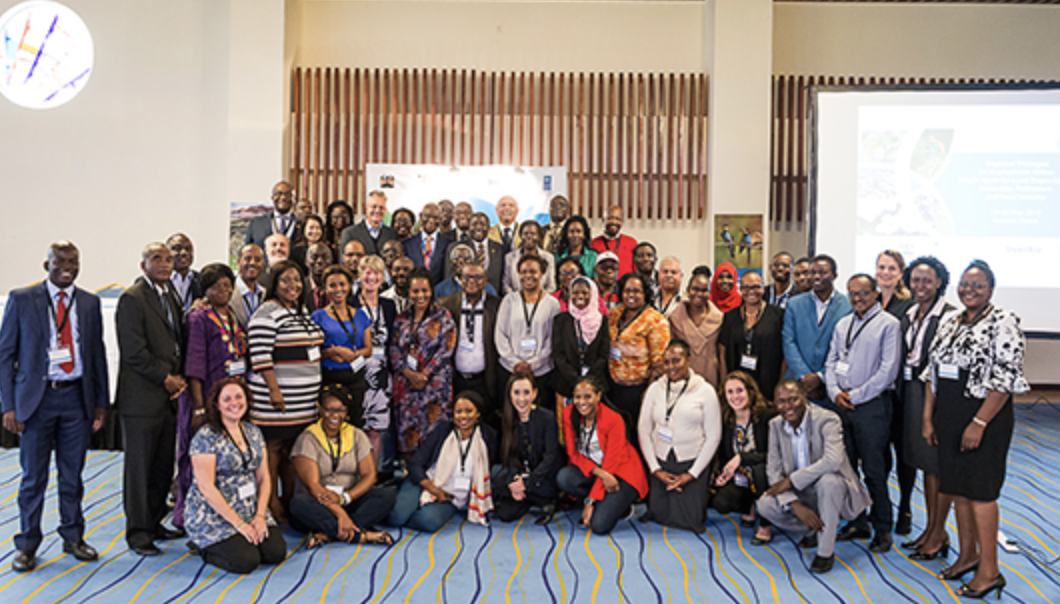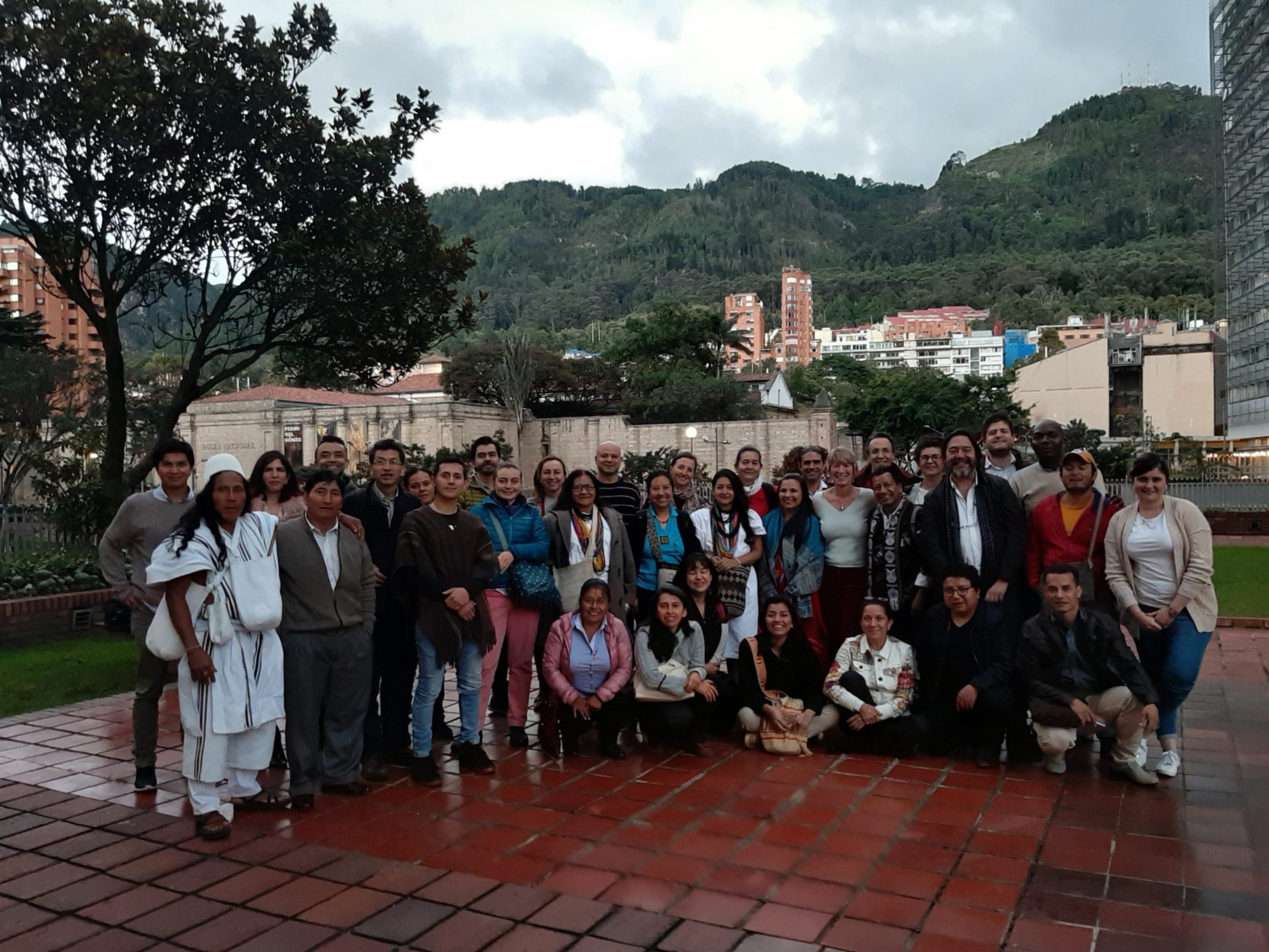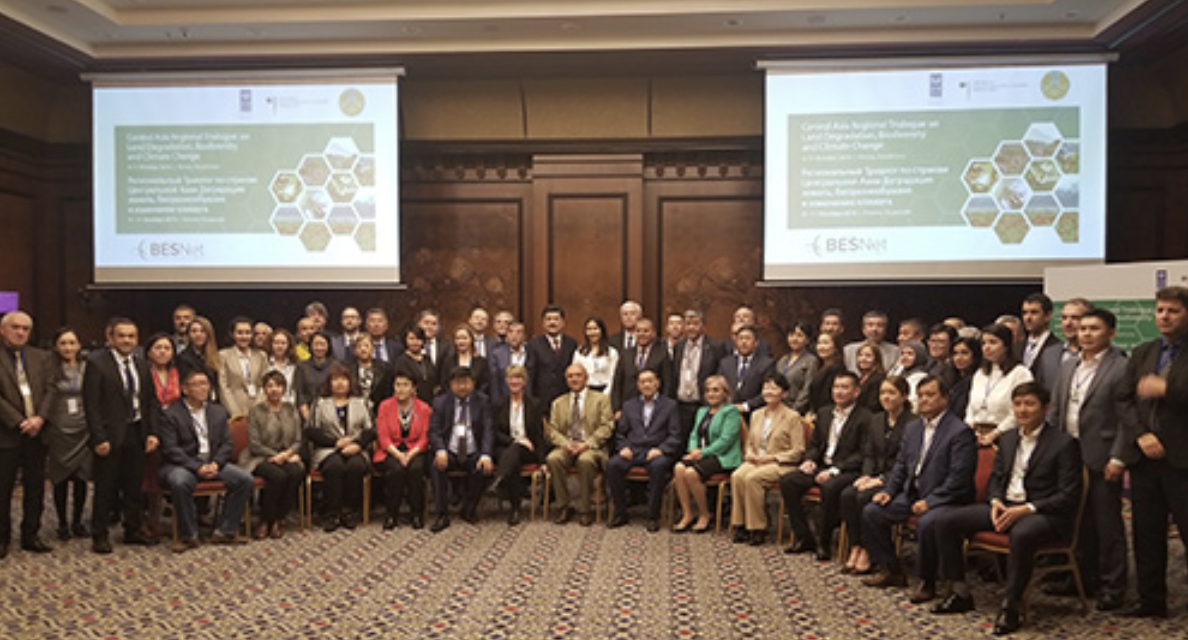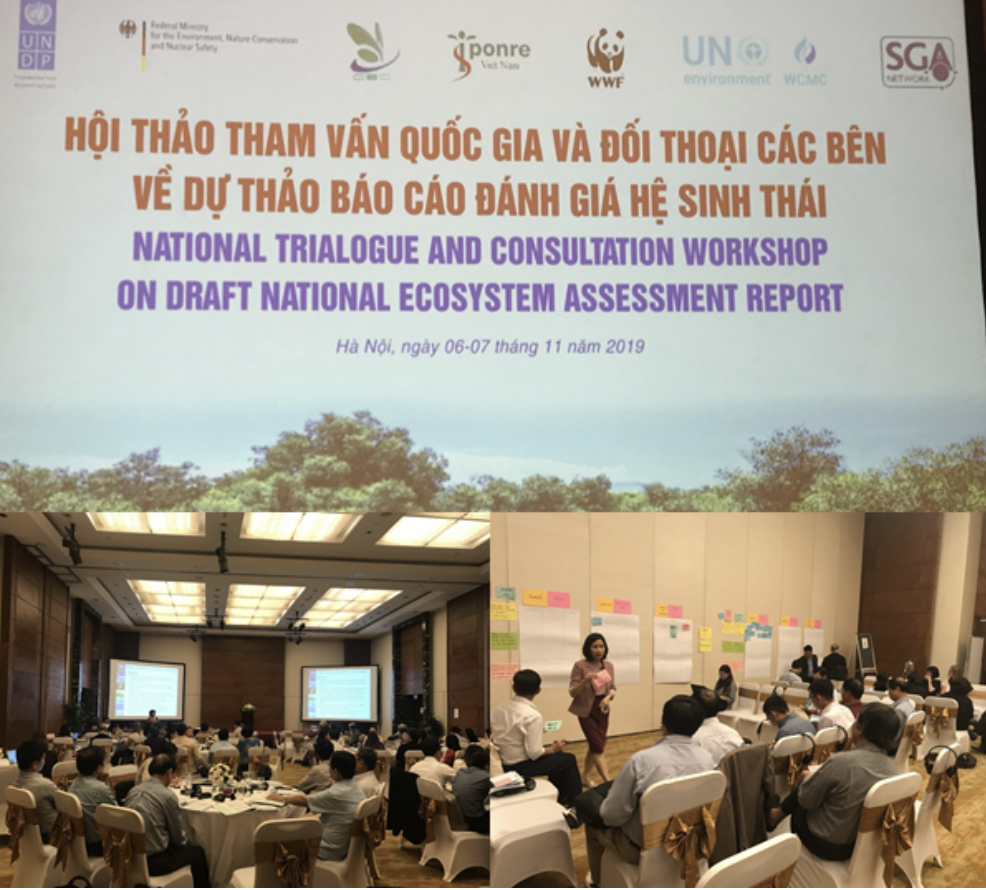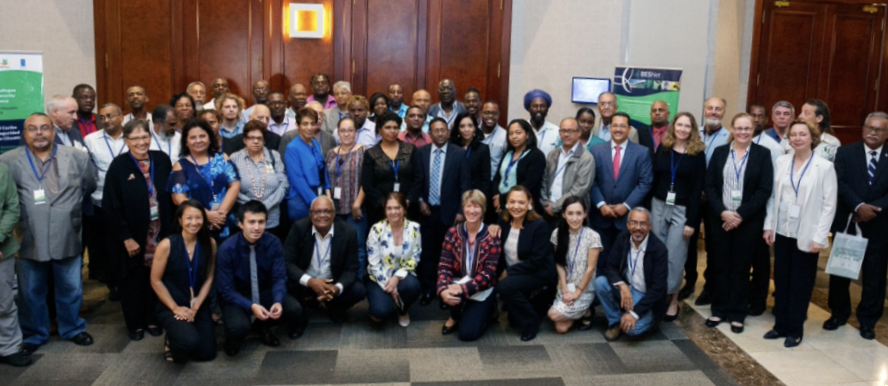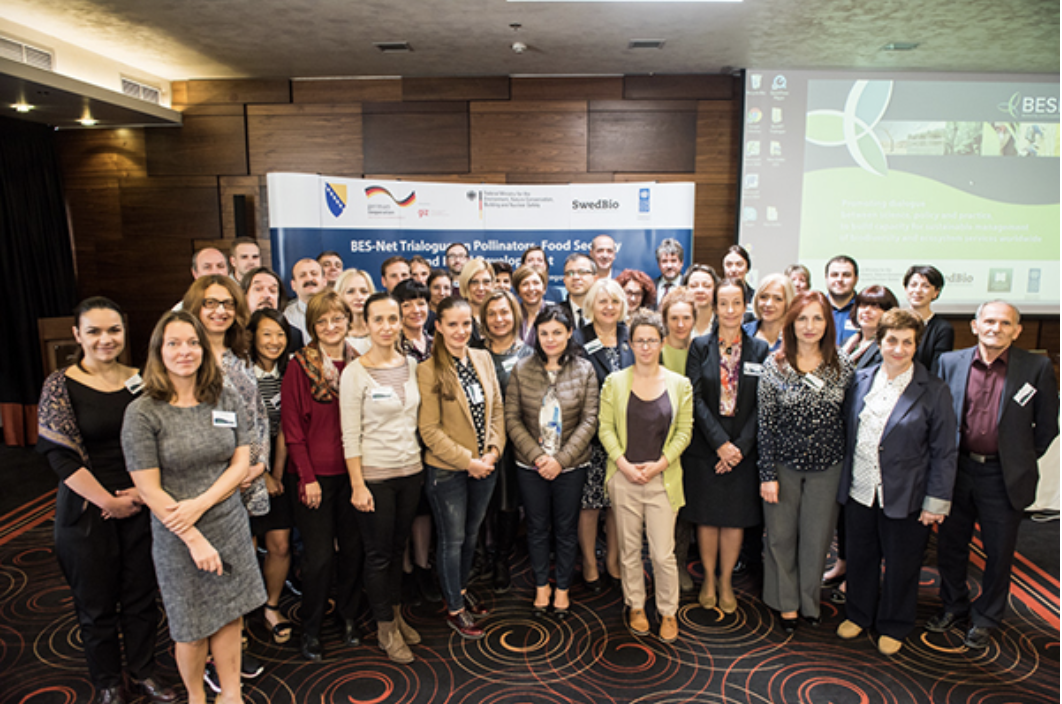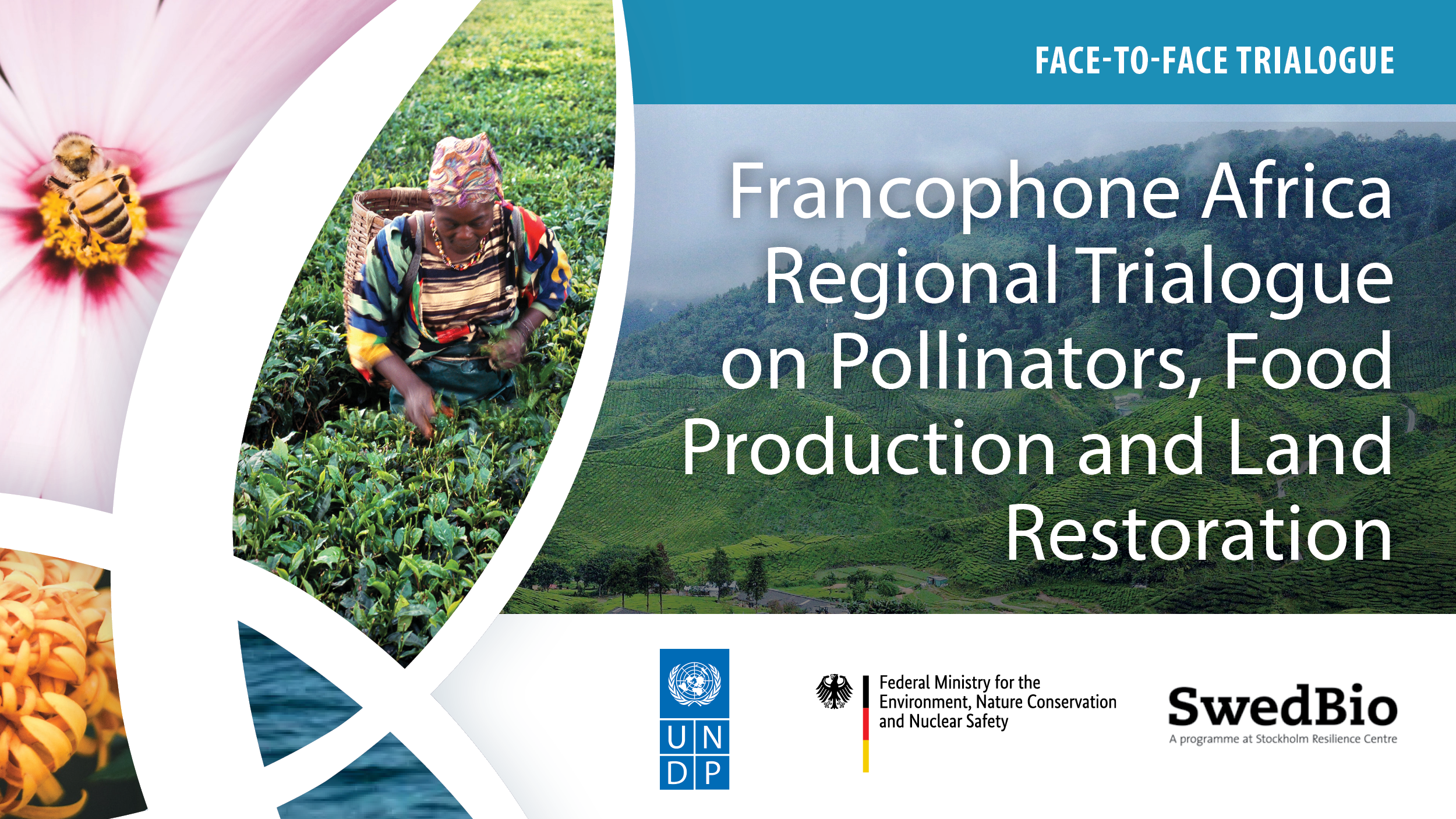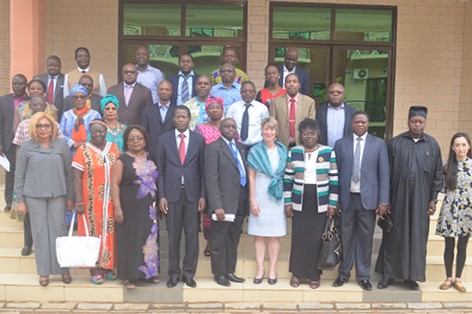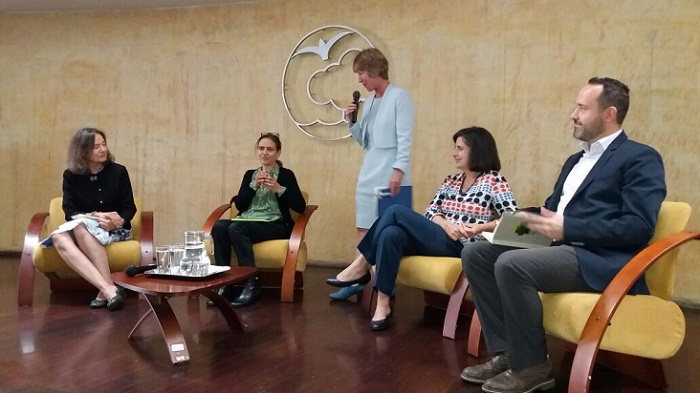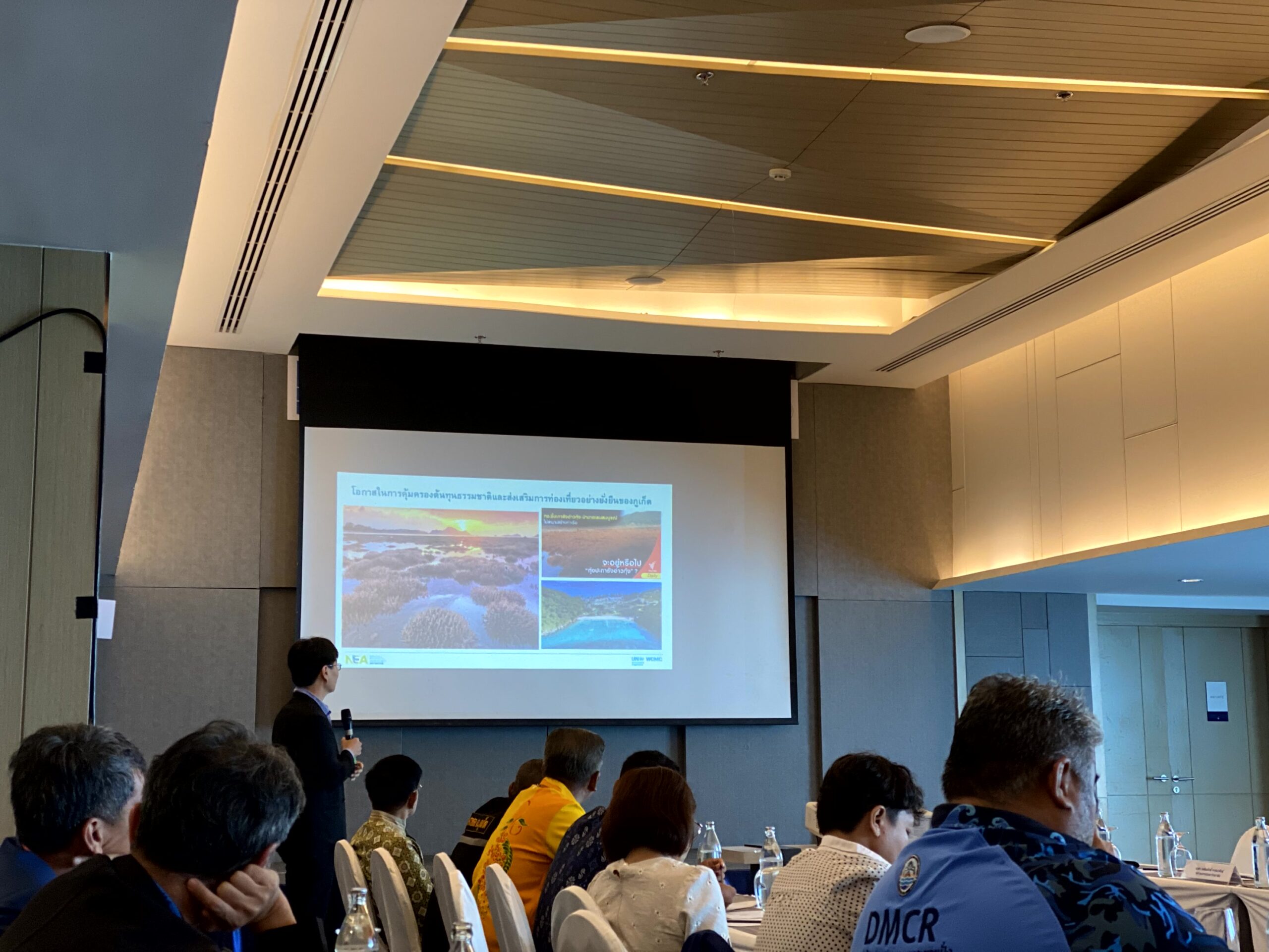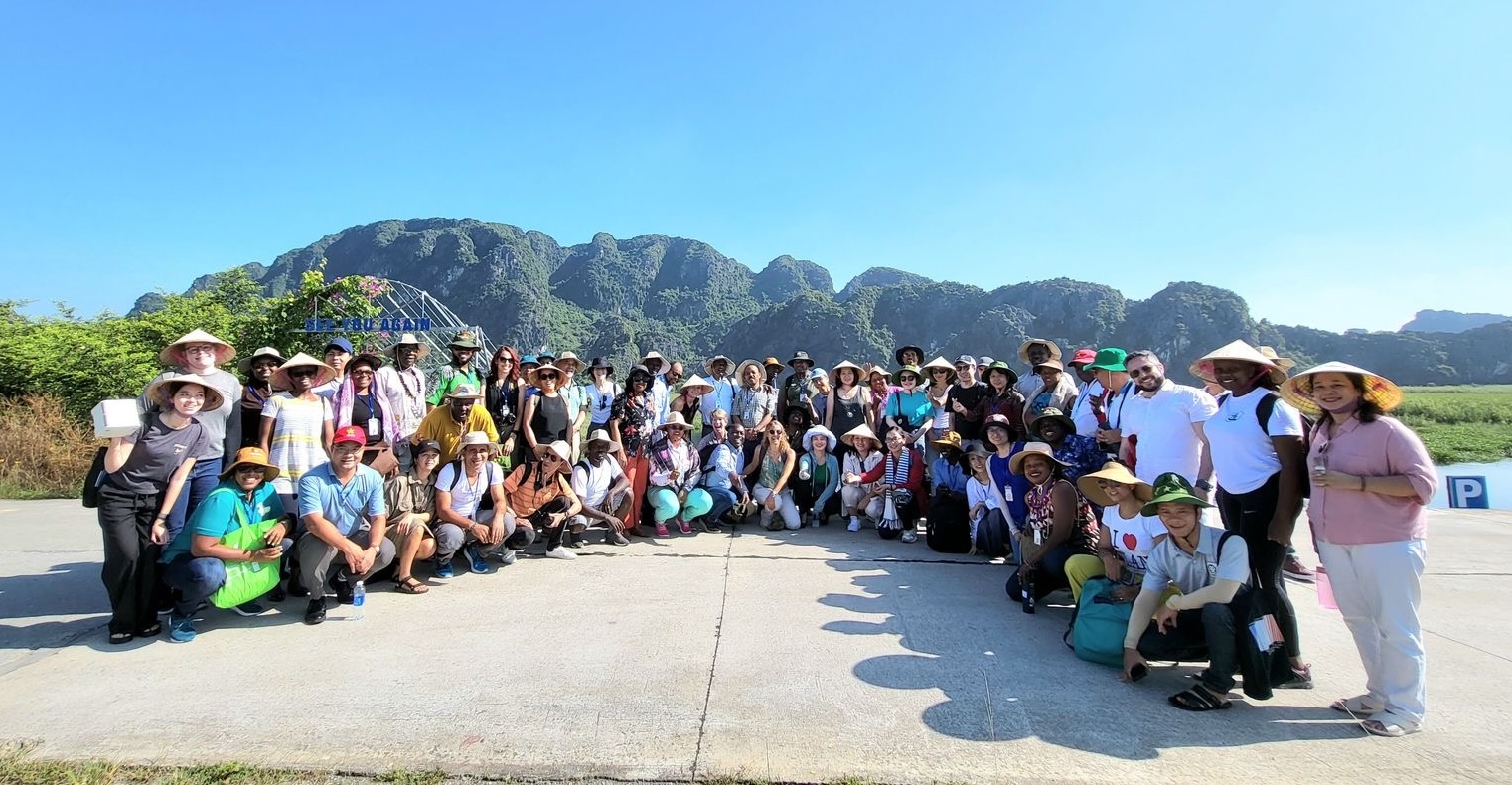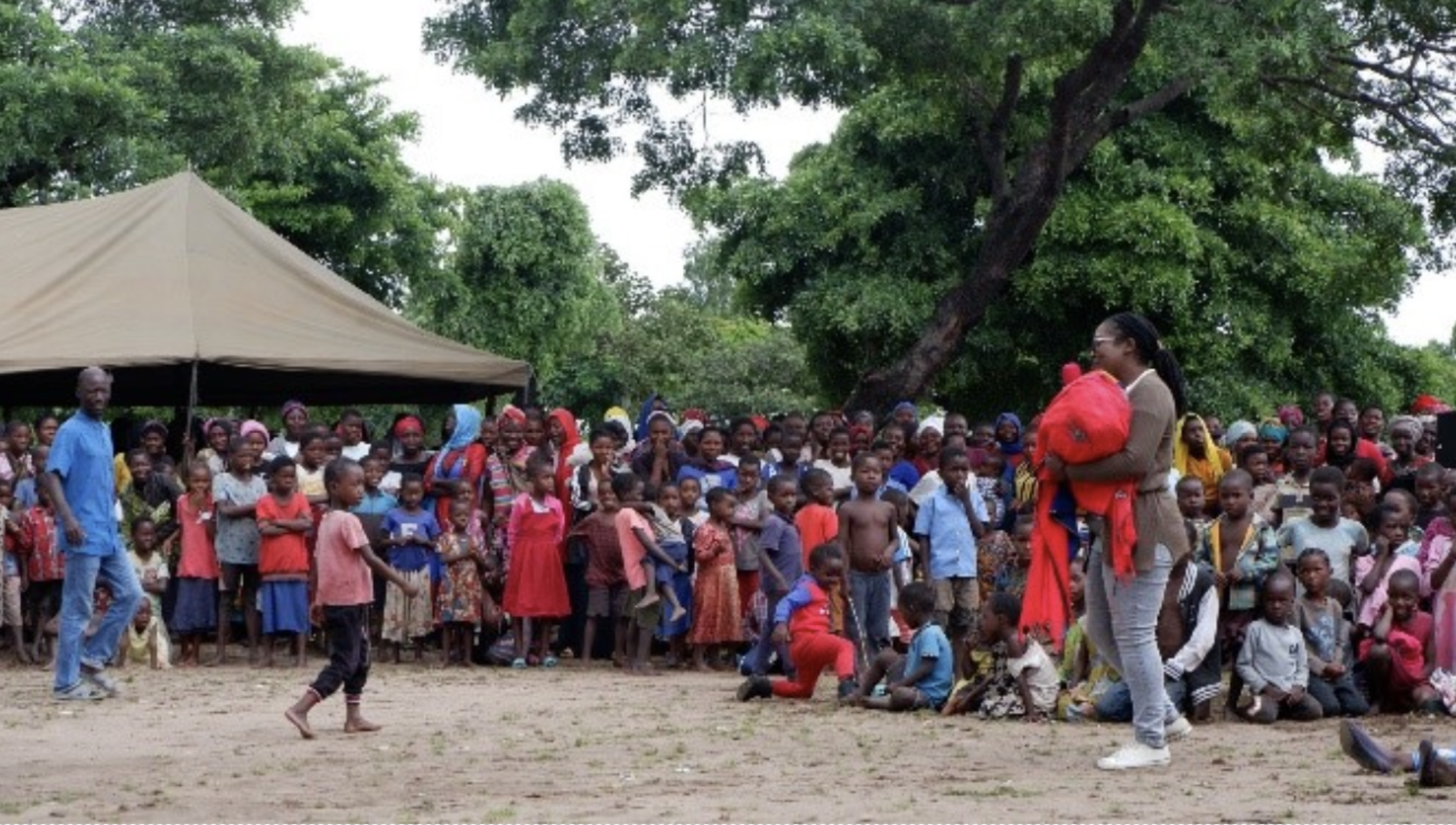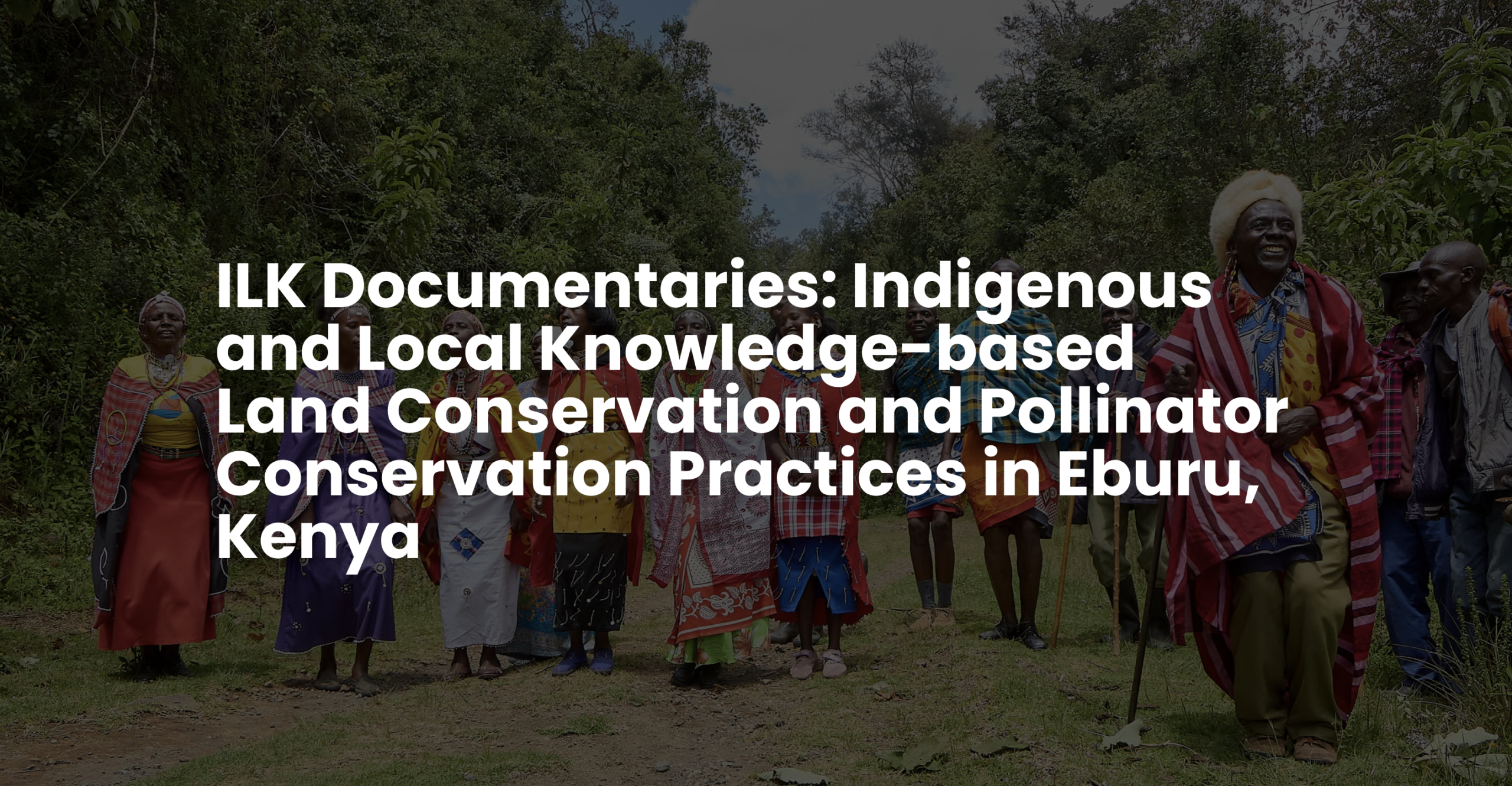Mini-Trialogue in Cameroon to Strengthen Science-Policy Interface towards Improved Biodiversity Protection and Achievement of Cameroon Vision 2035
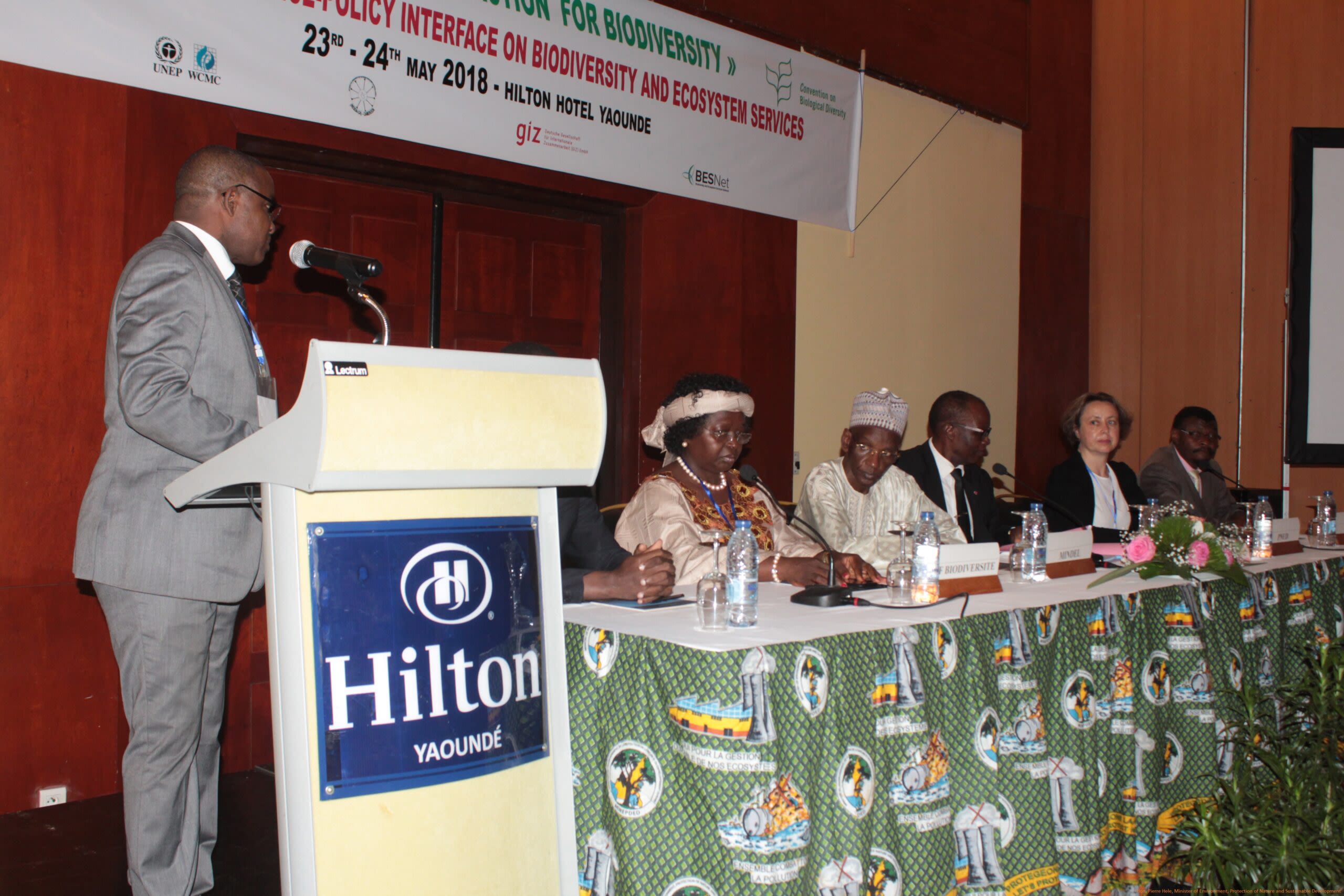
As Cameroon joined the global community to celebrate the 25th anniversary of the Convention on Biological Diversity (CBD) on the occasion of the 2018 International Day of Biodiversity, the Ministry of Environment, Protection of Nature and Sustainable Development (MINEPDED) organized the Mini Trialogue on Science Policy for Biodiversity and Ecosystem Services on 22 May in Yaoundé with support of the BES-Net, GIZ and other partners.
The event aimed to:
Raise awareness of the critical role scientific information can play to improve decisions on species, ecosystems and biodiversity and to contribute to the national efforts to comply with the commitments under CBD.
Raise awareness on the role of ecosystems in achieving the Cameroon Vision 2035, while providing greater climate resilience for national food security and agricultural production targets.
Secure national validation of the scoping report developed within the framework of the national assessment on biodiversity and ecosystem services currently conducted under the BES-Net framework.
Image captions
 Image 1
Image 1Photo by Pixabay on Pexels

Photo by Pixabay on Pexels
Photo by Pixabay on Pexels
The Mini Trialogue event was opened by the MINEPDED Minister, Hon. Pierre Hele and participated by a wide range of stakeholders representing policy, science and practice communities. The event provided an opportunity to explore how valuable and diverse biological heritage in Cameroon drives development at the national and local levels by providing food security and improving the livelihood of local communities. The participants discussed the importance of scientifically informed policy/decision-making and reviewed the progress made thus far through the national biodiversity and ecosystem services assessment process. Implementation of the assessment work has been led by the Network For Environment and Sustainable Development in Central Africa (NESDA-CA), following the approach and conceptual framework developed by the Intergovernmental Science-Policy Platform on Biodiversity and Ecosystem Services (IPBES), and with technical backstopping support of the UN Environment World Conservation Monitoring Centre (UNEP-WCMC).
Image captions
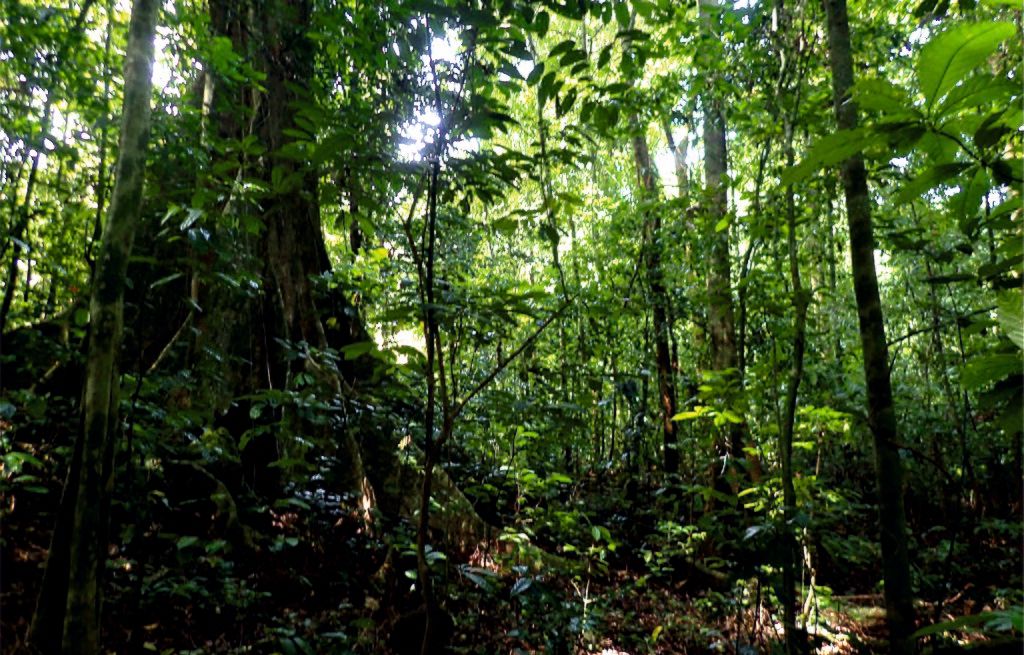 Image 1
Image 1Photo by Delabye S et al. on Wikimedia Commons

Photo by Delabye S et al. on Wikimedia Commons
Photo by Delabye S et al. on Wikimedia Commons
In support of the IPBES’ capacity-building rolling plan, the Government of Cameroon launched the French version of the Summary for Policymakers for the Assessment Report on Pollinators, Pollination and Food Production and presented the findings and recommendations of other recently approved thematic/regional assessments during the mini-Trialogue.
The event was held back-to-back with the joint meeting of the National Biodiversity Committee and the National Platform for Science-Policy Interface on Biodiversity and Ecosystem Services on 23 May, which deliberated further on the Mini-Trialogue outputs and reflected on the options for a post-2020 national strategy for biodiversity as a critical process to inform the post-2020 global biodiversity agenda setting.
